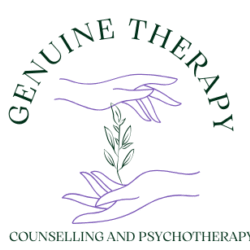Breaking the Burnout Cycle
March is Mental Health Month, making it an opportune time to raise awareness about the significance of mental well-being and the detrimental effects of burnout on mental health. Burnout is something we all face in today’s fast-paced world. It is a state of emotional, physical and mental exhaustion caused by excessive and prolonged stress. Ignoring …
